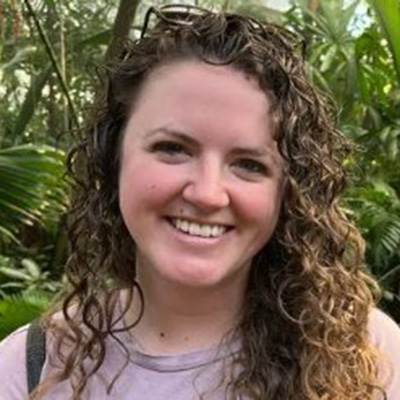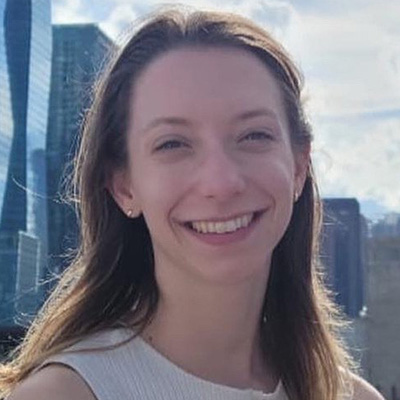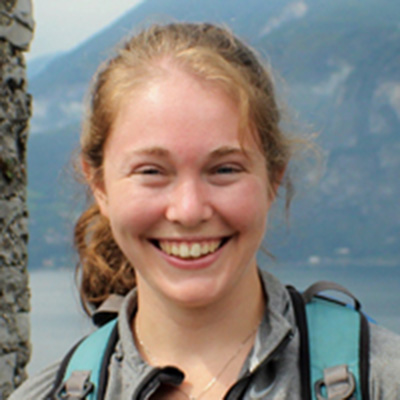FASEB names advocacy fellows



The Federation of American Societies for Experimental Biology recently named its inaugural Howard Garrison Advocacy Fellows. Three American Society for Biochemistry and Molecular Biology members were among the first nine fellows: Kaitlyn Browning, Natalie Gehred and Katherine Lehmann. FASEB created this fellowship to help trainees develop their skills as science advocates.
Browning is a graduate student in the lab of Houra Merrikh, a professor of biochemistry at Vanderbilt University. Her research is focused on understanding bacterial evolution and multidrug-resistant bacterial infections. Browning participated in a federal science policy workshop through Vanderbilt during which she traveled to Washington, D.C. She also completed a science communication internship with the Vanderbilt Institute for Infection, Immunity and Inflammation. Browning looks forward to learning about science policy careers as well as how to make herself a competitive candidate for these roles during the fellowship.
Gehred is a graduate student at UCLA, conducting research in the lab of Thomas Vondriska, a professor of anesthesiology, medicine and physiology. Gehred’s work uses molecular transcriptomics to examine the mechanisms that underlie cardiac fibrosis. At UCLA, she is the Science Communication Committee chair of the university’s Science Policy Group, a group of graduate students dedicated to exploring science advocacy. Gehred hopes to use the skills she gains through the fellowship to write an op-ed and lead a writing workshop with the UCLA Science Policy Group.
Lehmann is a postdoctoral fellow at Oregon Health & Science University. She conducts research in the lab of Marc Freeman, a senior scientist and director of the Vollum Institute at OHSU. Lehmann’s work aims to understand the neuron and glial cell signaling mechanisms involved in synaptic pruning. She participated in the Training Future Faculty program at OHSU and served as a visiting professor at Lewis & Clark College, a local liberal arts school. There, she implemented a curriculum incorporating equity practices in an introductory science class. During her fellowship, Lehmann aims to advocate for graduate student and postdoc benefits such as increased pay and childcare.
During their 10-month program, the fellows will receive instruction in advocacy, science policy, science communication, leadership development and career exploration outside academia.
Enjoy reading ASBMB Today?
Become a member to receive the print edition four times a year and the digital edition monthly.
Learn moreGet the latest from ASBMB Today
Enter your email address, and we’ll send you a weekly email with recent articles, interviews and more.
Latest in People
People highlights or most popular articles

Kiessling wins glycobiology award
She was honored by the Society for Glycobiology for her work on protein–glycan interactions.

2026 ASBMB election results
Meet the new Council members and Nominating Committee member.

Simcox wins SACNAS mentorship award
She was recognized for her sustained excellence in mentorship and was honored at SACNAS’ 2025 National Conference.

From humble beginnings to unlocking lysosomal secrets
Monther Abu–Remaileh will receive the ASBMB’s 2026 Walter A. Shaw Young Investigator Award in Lipid Research at the ASBMB Annual Meeting, March 7-10 in Washington, D.C.

Chemistry meets biology to thwart parasites
Margaret Phillips will receive the Alice and C. C. Wang Award in Molecular Parasitology at the ASBMB Annual Meeting, March 7-10 in Washington, D.C.

ASBMB announces 2026 JBC/Tabor awardees
The seven awardees are first authors of outstanding papers published in 2025 in the Journal of Biological Chemistry.
